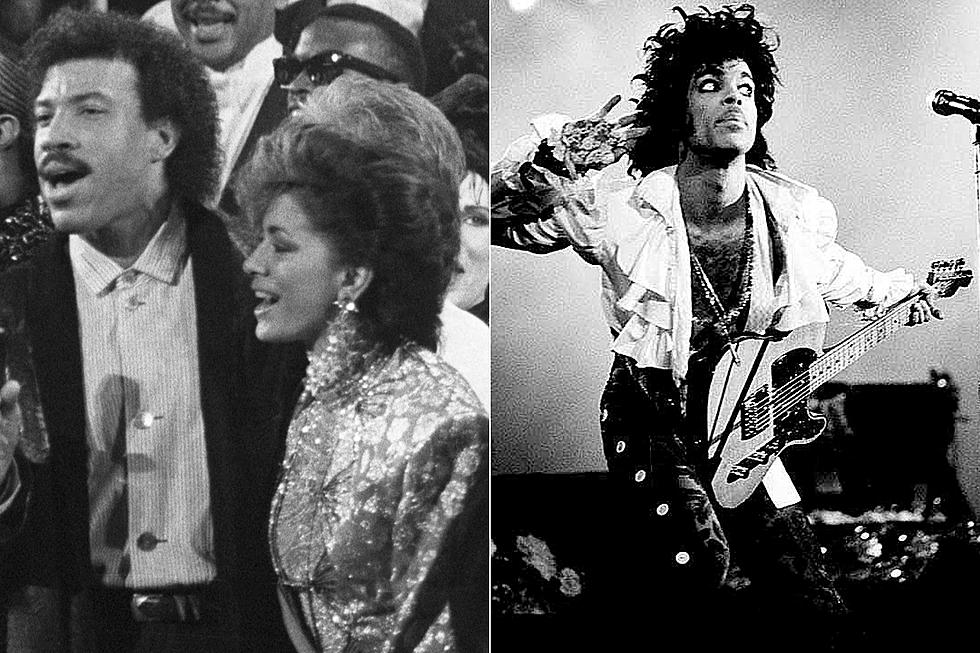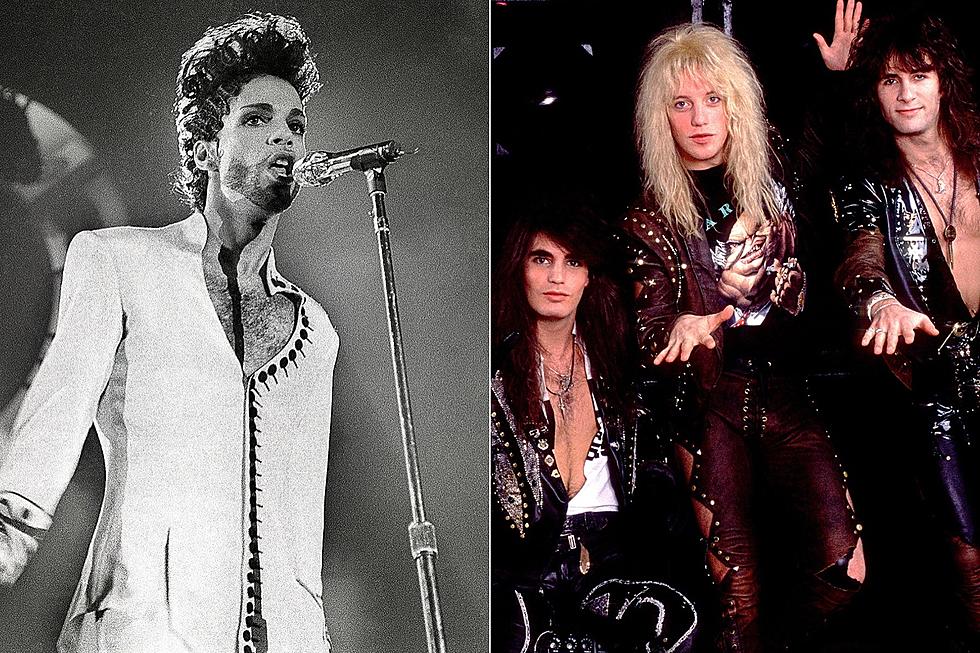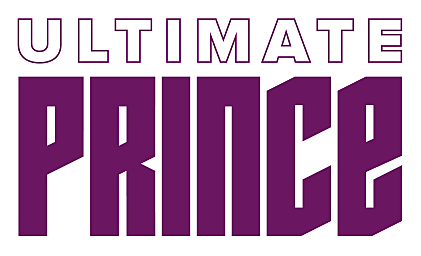
‘New Power Generation’ – Prince’s Song Begets the Band
To trace the origins of Prince's "New Power Generation" (song and band), we must direct our collective attention to "Eye No," the first song on 1988's Lovesexy (the one with naked Prince on the cover, next to the curiously posed pistil). In the preamble to the song proper, he announces "Welcome 2 the New Power Generation," shortly before introducing the listener to the word "Hundalasiliah" (which is Nelsonian variant of "hallelujah," or "praise be" or "check out this funky jam I'm about to lay on you").
This was Prince casting himself as reverent Prince, if not Reverend Prince—remember, he had pulled The Black Album at the last minute because he thought it was evil, and replaced it with the more buoyantly spiritual Lovesexy. Perhaps he envisioned his listeners as his flock, a generation he could lead into light, rather than darkness; pistils and nakedness, rather than aberrant carnality; New Power, rather than malevolent energy.
Cut to the Graffiti Bridge film and album in 1990, and the idea of a New Power Generation gave way to the song "New Power Generation," a defiant manifesto, of sorts, which begins with a bit of a snarl:
"Pardon me 4 living, but this is my world 2
I can't help that what's cool to us might be strange to U
Pardon me 4 breathing, can we borrow some of Ur air?
The problem with U and your kind is that U don't know love is there"
"Oh snap!" one might have said upon hearing the verse (had the exclamation "Oh snap!" been around in 1990). That's not the tone one might have thought Prince would take when voicing his Hundalasiliahs in "Eye No." Amid several demands for the Man (or whomever he's railing against) to "lay down Ur funky weapon," Prince and the voices surrounding him announce their presence with conviction:
"We R the New Power Generation, we want 2 change the world
The only thing that's in our way is U
Ur old fashioned music, Ur old ideas,
We're sick and tired of U telling us what 2 do"
And with that refrain, Prince cast his lot with a long line of rebels and outcasts, from Vic Morrow in Blackboard Jungle to Jack Kerouac and his Dharma bums, to the hippies that tried to levitate the Pentagon and pollinate in Max Yasgur's farm. It was a cry around which to rally, to be sure, but at the same time it seemed rather … quaint, perhaps. Young people bent on rebellion typically don't like their forebears' music or ideas, or the innate power structure that gives older people authority over their progeny. What began as a likely appeal to a higher spiritual calling two years previous, sounded more like a whine when expanded into a full song.
Watch Prince Perform "New Power Generation"
That's not to say that Prince is not in fine voice, nor does it say the sound of the song is lacking; it's a foot-thumper, naturally, with His Majesty playing all instruments except drums, which were handled by twin-brother-from-another-mother Morris Day. Backing vocals were credited to an ensemble called the NPG—the first inkling that New Power Generation was not just a spiritual dictum, nor simply a lyrically well-trod song, but a collective of actual people, rebels or otherwise.
This made sense; the Revolution had not been an ongoing concern in years, so Prince put together a new band which, in its initial incarnation, consisted of Michael Bland on drums; Levi Seacer Jr. on guitar, keyboardist Tommy Barbarella, bassist Sonny Thompson and, perhaps most importantly, Rosie Gaines on keyboards and vocals, and a dance trio called the Game Boyz, which included Tony Mosley as the band’s rapper. Gaines was notable because she was a powerhouse singer who could hang with her boss, and did so on several tracks on 1991’s Diamonds and Pearls. Mosley was notable because as a rapper, he was a really good dancer.
This crew backed Prince on a 1990 tour of Europe and Asia and on Diamonds and Pearls and, when he started his lawsuit exchange with Warner Bros., the band became one means by which he could release new music outside the constraints of his recording contract. Gaines left the group after the Diamonds and Pearls tour, beginning a truly astounding and seemingly perpetual shifting of membership from 1992 until 2014 or so, when Prince took up with the trio 3rdeyegirl. The group even disbanded twice and, for a time, had Prince himself as lead vocalist.
History has no record of whether Prince conceived of the song "New Power Generation" first, or the band name, or the band itself; perhaps all three occurred to him at once (maybe carried down from the heavens in the clutches of a weeping dove). Prince, of course, is no longer here to ask. Even if he were, there's no telling whether he would remember; or whether he'd forget and make up a story about the whole thing; or whether he'd remember and still make up a story—he was a coy one, if you recall.
The fact remains that there was a "New Power Generation" song and a New Power Generation band—the first, an outpouring of inspiration; the second, a conduit for many similar outpourings. We ought to be grateful for them both, for both were fleeting things and their creator—once the source of that New Power—is now merely a ghost in the speakers.
Hundalasiliah.
More From Ultimate Prince










